PC policing after Hebdo attack blames victims instead of perpetrators
Media responses to last week’s attack on the Paris headquarters of controversial satirical- Charlie Hebdo – in which 12 people were slain – demonstrates how political correctness is indirectly being used to blame victims of the massacre instead of its perpetrators.

Conversely, while nearly every media outlet in the Western world has argued Hebdo’s writers had every right to do what they had done for years-mock Islamic prophet Mohamed in cartoon format-many are refusing to display the cover of this week’s publication which depicts the former weeping and brandishing a poster proclaiming: “I am Charlie” amidst the inscription: “All is forgiven.”
On Tuesday, The New York Times-which had aired controversial Hebdo cartoons in the past-defended their decision to provide readers with a web-link to the magazine’s new cover-rather than reprint the image themselves.
“We do not normally publish images or other material deliberately intended to offend religious sensibilities,” said Executive Editor Dean Baquet. “Many Muslims consider publishing images of their prophet innately offensive and we have refrained from doing so.”

The Times’s refusal to reprint Hebdo’s cover is not only indicative of a futile attempt to prevent a repeat of said events, but also advances the erroneous notion that such attacks could have been prevented if only the authors had been more attuned to Muslim sensitivities.
In other words, Islamic terrorists are not entirely responsible for the murder of 12 innocent people; Hebdo’s writers are guilty as well for provoking them.
Absurd reasoning such as this is hardly uncommon in our current political discourse, where political correctness (a term which originated in Soviet Russia and was used to describe those who strayed from Stalin’s positions on various issues) trumps all.
Additionally, many in academia will argue that Al-Qaeda, Hezbollah, and Hamas are not really terrorist organizations at all-but groups comprised of misguided-poverty-stricken persons, who simply want a fair shake in life. And those same practitioners revert back to their cultural-Marxist tendencies when asked to explain the rational behind suicide bombings in Israel or the behavior of violent criminals in the United States.
Political correctness is the refusal or inability to speak the truth about certain behaviors, events, and actions.
And while it may be used to temporarily keep the peace among many different groups of people-it can also cost us our most basic freedoms-even our lives. It can be likened to applying a Band-Aid to a gunshot wound-only to have the unsuspecting victim hemorrhage at a later date.
———————————————————————————
Remember the 12 victims:
- Frédéric Boisseau, 42, building maintenance worker for Sodexo, killed in the lobby
- Franck Brinsolaro, 49, Protection Service police officer assigned as a bodyguard for Charb. In 1996, Brinsolaro was one of those who evacuated 46 French citizens threatened by the Taliban in Afghanistan
- Cabu (Jean Cabut), 76, cartoonist
- Elsa Cayat, 54, psychoanalyst and columnist. The only woman killed in the shooting.
- Charb (Stéphane Charbonnier), 47, cartoonist, columnist, and editor-in-chief of Charlie Hebdo
- Philippe Honoré, 74, cartoonist
- Bernard Maris, 68, economist, editor, and columnist
- Ahmed Merabet, 42, a Muslim police officer of Algerian descent, shot in the head as he lay wounded on the ground outside.
- Mustapha Ourrad, 60, copy editor, Muslim French-Algerian
- Michel Renaud, 69, founder of Rendez-vous de Carnet de Voyage, a travel-themed art festival in the city of Clermont-Ferrand, a guest at the meeting who was due to guest-edit an upcoming issue of Charlie Hebdo
- Tignous (Bernard Verlhac), 57, cartoonist
- Georges Wolinski, 80, cartoonist
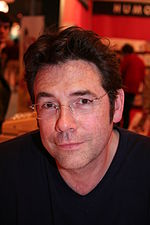


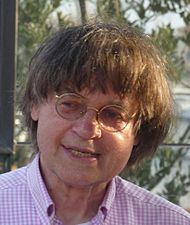
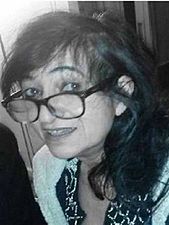
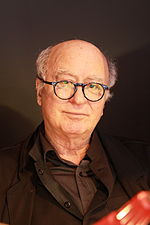
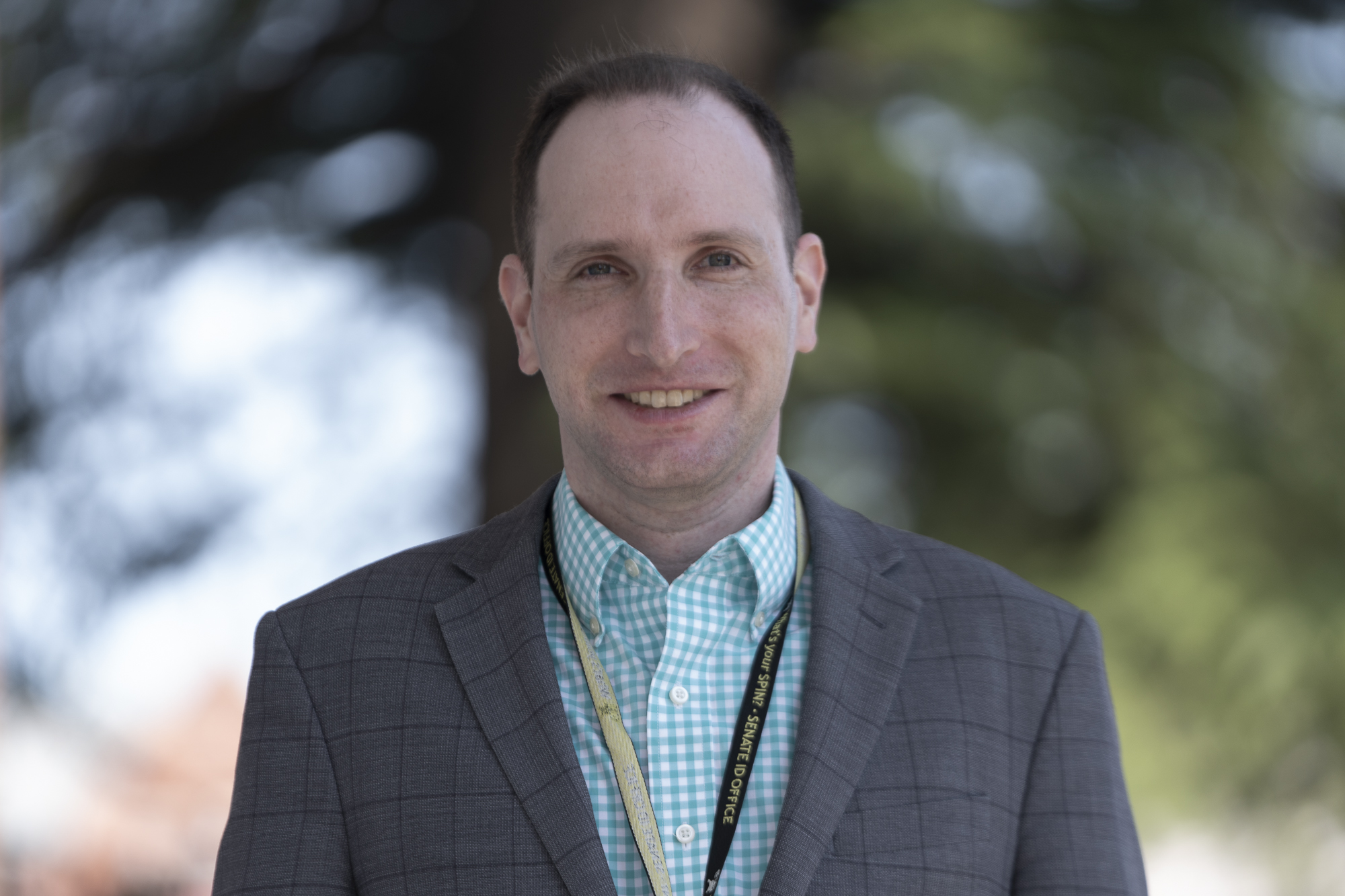
Bryan is the managing editor of Baltimore Post-Examiner.
He is an award-winning political journalist who has extensive experience covering Congress and Maryland state government. His work includes coverage of the first election of President Donald Trump, the confirmation hearings of Supreme Court Justice Brett Kavanaugh and attorneys general William Barr and Jeff Sessions, the Maryland General Assembly, Gov. Larry Hogan, and the COVID-19 pandemic.
Bryan has broken stories involving athletic and sexual assault scandals with the Baltimore Post-Examiner.
His original UMBC investigation gained international attention, was featured in People Magazine and he was interviewed by ABC’s “Good Morning America” and local radio stations. Bryan broke subsequent stories documenting UMBC’s omission of a sexual assault on their daily crime log and a federal investigation related to the university’s handling of an alleged sexual assault.

Anatoly,
It appears there is some dispute as to the exact origins of the term “political
correctness.” My research indicates that it was used by
Stalinists to attack those who strayed from the “party line,” an
assessment of which we are in agreement. However, in the modern era,
former Nixon speechwriter Bill Safire has been credited with referencing the term in
lieu of Toni Cade’s: “The Black Woman.” However, I am not infallible-and if mistaken-I would be interested in learning the term’s exact origins. Thank You for bringing this issue to my attention.
As a Russian speaker and a scholar of Soviet history, I assure readers that Mr. Renbaum is incorrect. The term politically correct did not, as he claims, originate in Soviet Russia. There is no historical evidence for this claim and it is not corroborated by anyone who lived under Stalin, including my extended family.
Stalinists did refer to “the party line” and criticized those who deviated from it, but this was a critique about loyalty, not about correctness.